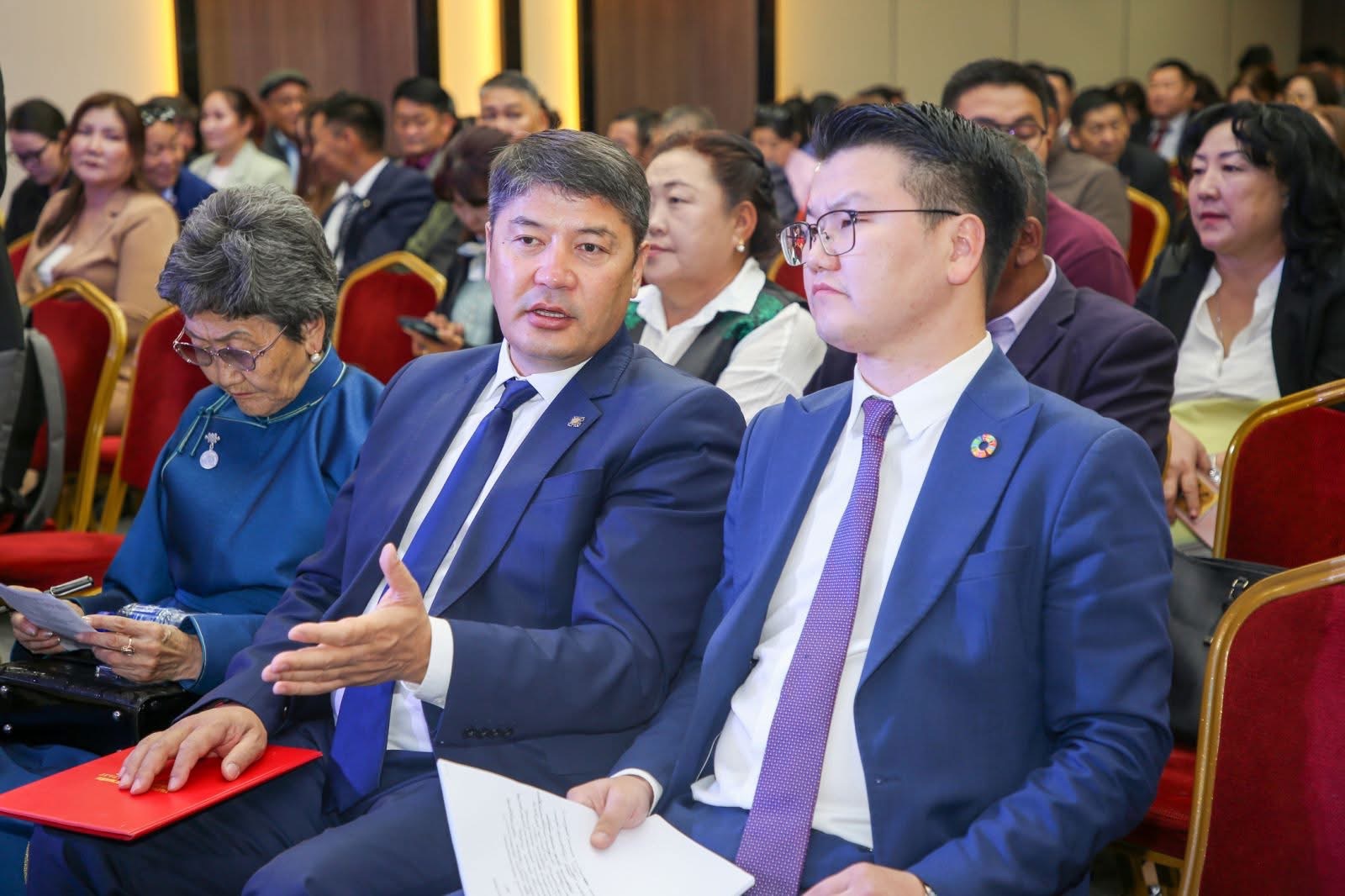Discussion on “Promoting Decent Work and Ensuring Social Justice” Held
On August 26, 2025,
Minister of Family, Labour and Social Protection Mr. T. Aubakir participated in
the discussion “Promoting Decent Work and Ensuring Social Justice” and
presented the Government’s policies and ongoing initiatives.
The event was also
attended by Mr. E. Tamir, President of the Confederation of Mongolian Trade
Unions, Mr. Dongmyung Kim, President of the Federation of Korean Trade Unions,
as well as leaders of the capital city and sectoral trade union federations,
and chairpersons of trade union committees.
In recent years, the
Government, in cooperation with its social partners, has developed and secured
parliamentary approval of major labor and social protection legislation,
including the revised Labour Law and the comprehensive Social Insurance Law
package, thereby implementing significant legal reforms. As a result, the
minimum wage has been increased for two consecutive years. Moreover, the
nationwide minimum wage has been revised, effective April 1, 2025, to MNT 4,715
per hour or MNT 792,000 per month.
According to the
results of the Labour Market Demand Barometer Survey, in 2024, 5.5 percent of
enterprises were unable to recruit planned staff due to a shortage of qualified
professionals, leading to labour shortages. The survey further projects labour
demand of approximately 83.7 thousand workers in 2025. While employers face
shortages and rising demand on one hand, many jobseekers remain unemployed or
lack stable employment on the other. Bridging this gap in the labor market has
become an urgent priority.
Minister Aubakir
emphasized that in 2025 the Ministry, in cooperation with the Small and Medium
Enterprise Agency, will implement the “Bridge to Development” project,
the “Transition to Work through Apprenticeship” program, and a pilot
business incubation program. Furthermore, efforts are underway to introduce an
internationally benchmarked labour exchange and a national social service
platform, thereby expanding the accessibility of employment services through
public private partnerships.
